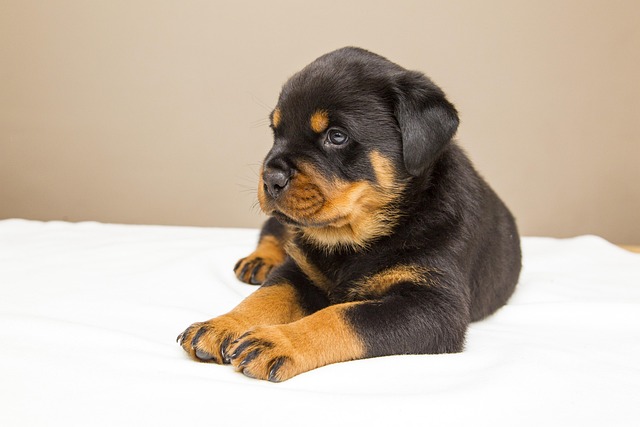
How to train a rottweiler puppy not to bite?
Rottweiler puppies have a knack for turning every hand, shoe, or couch corner into a chew toy—those sharp little teeth feel less cute when they’re nipping at your wrist during playtime.
Bringing home a new puppy fills your home with joy, but the question of when to start potty training lingers. Before diving in, it’s important to note that local animal welfare regulations might influence training practices. Some areas have guidelines on humane training methods, ensuring your approach aligns with legal standards while fostering a positive experience for your furry friend.
Most puppies develop the physical ability to control their bladder and bowels around 8 - 12 weeks old. This window marks an ideal starting point for potty training. At this age, their small bladders mean frequent trips outside—usually every 30 minutes to an hour. Keep in mind that in many regions, leash laws apply even in your own yard, so always have a suitable collar and lead ready for these outings.
Waiting too long can create challenges. By 16 weeks, puppies may have already formed habits, like soiling indoors. Starting training early not only prevents bad habits but also helps you bond with your puppy. However, rushing the process when a puppy is too young, say under 8 weeks, can be counterproductive. Puppies need time to develop muscle control, and forcing training could cause stress, which may violate local pet care regulations focused on animal well - being.
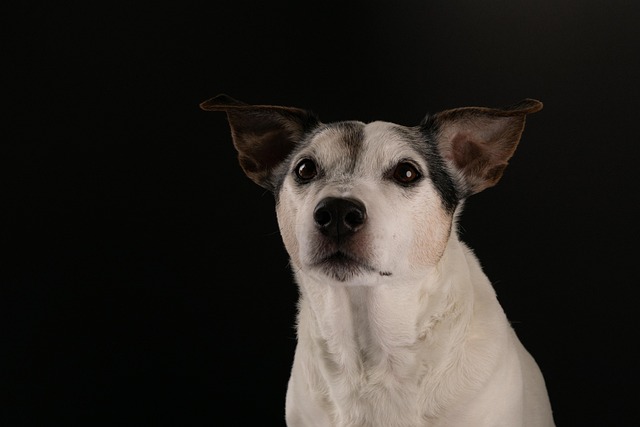 During the initial weeks of training, establish a strict routine. Take your puppy outside immediately after eating, drinking, waking up, and playing. Consistency is key, and it also helps you stay compliant with local waste disposal laws. Many communities require pet owners to clean up after their animals promptly, even during training. Using a designated potty area outdoors can reinforce the habit and make cleanup easier.
During the initial weeks of training, establish a strict routine. Take your puppy outside immediately after eating, drinking, waking up, and playing. Consistency is key, and it also helps you stay compliant with local waste disposal laws. Many communities require pet owners to clean up after their animals promptly, even during training. Using a designated potty area outdoors can reinforce the habit and make cleanup easier.
Positive reinforcement is crucial at any age. When your puppy relieves themselves outside, shower them with praise, treats, or playtime. Choose treats that comply with local pet food regulations—opt for natural, low - calorie options. Avoid scolding accidents; instead, clean them thoroughly with an enzymatic cleaner to remove odors. In some rental properties, there are specific rules about keeping the premises clean during pet training, so proper cleanup is essential.
As your puppy grows older, around 4 - 6 months, their bladder control improves, allowing for longer intervals between bathroom breaks. This is also a good time to gradually introduce more complex commands related to potty training. But remember, every puppy is unique. If you encounter persistent issues, local animal shelters or rescue organizations often offer training resources compliant with regional regulations, or you can consult a professional trainer.
Potty training is a journey that requires patience and understanding. By starting at the right age, following local guidelines, and adapting to your puppy’s individual needs, you’ll set the stage for a clean, stress - free home and a well - behaved companion for years to come.

Rottweiler puppies have a knack for turning every hand, shoe, or couch corner into a chew toy—those sharp little teeth feel less cute when they’re nipping at your wrist during playtime.
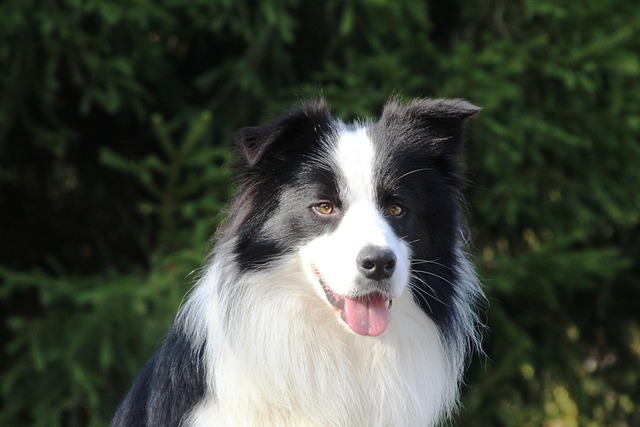
German Shepherd puppies come with that irresistible mix of fluff and fire—but those needle-sharp teeth can turn playtime into a yelping mess.It's not aggression;it's how they learn about their world,testing boundaries and relieving teething discomfort.
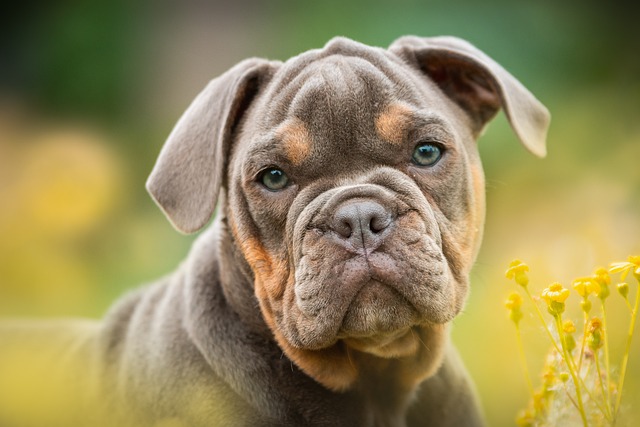
Timing puppy classes right sets the foundation for confident, well-socialized dogs—learn when and how to start training for lifelong success.
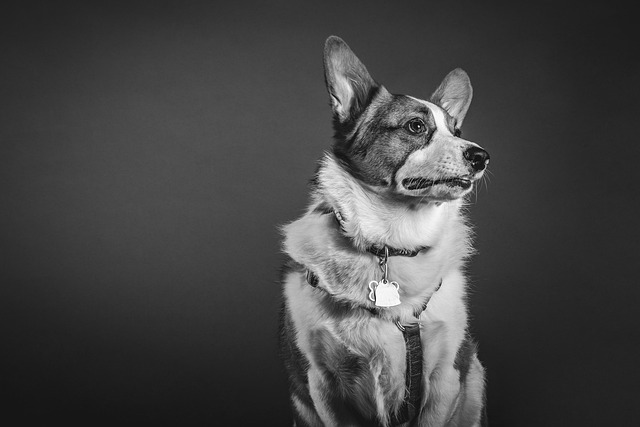
Train your senior dog with patience and positive rewards—understand their changing needs to turn walks into a bond of trust, comfort, and joy.
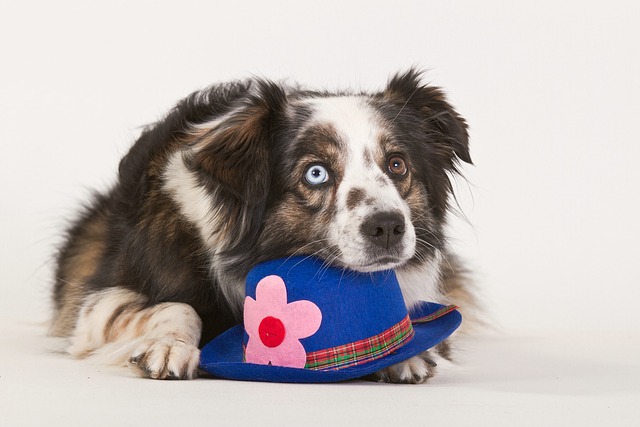
Unlock the secret to your dog’s recall: understand their mind, ditch punishment, and build trust for a stronger, joyful bond every time they come back.
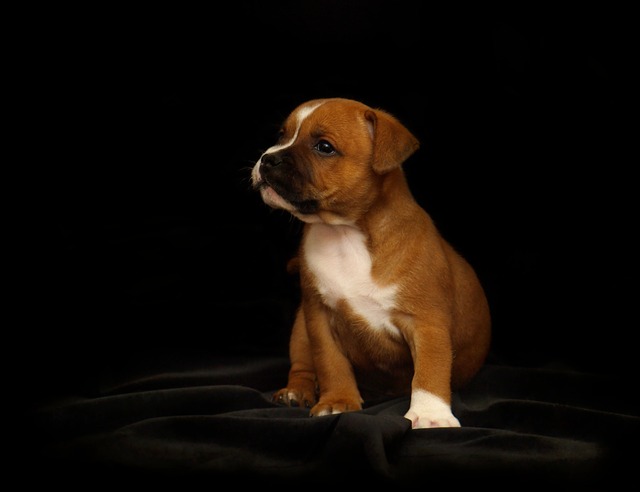
Unlock lasting dog obedience by blending trust and emotional connection with training, turning commands like "stay" into joyful teamwork, not just obedience.